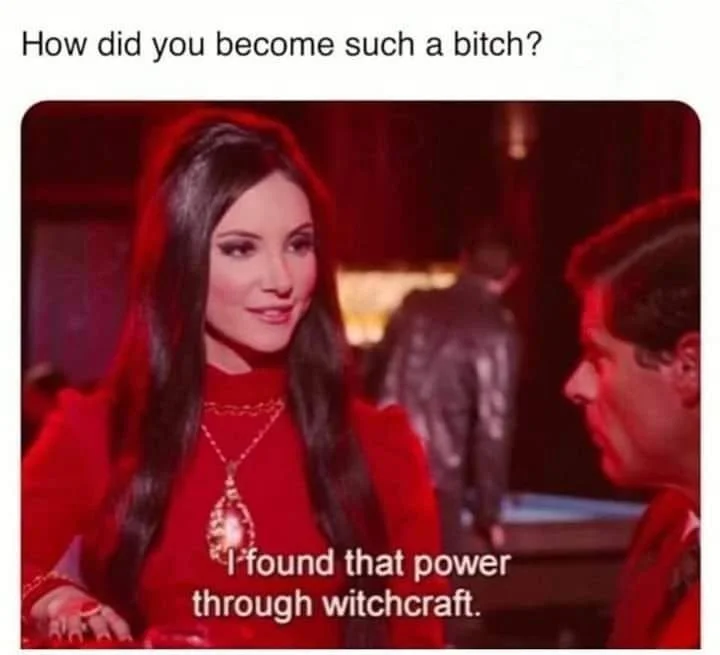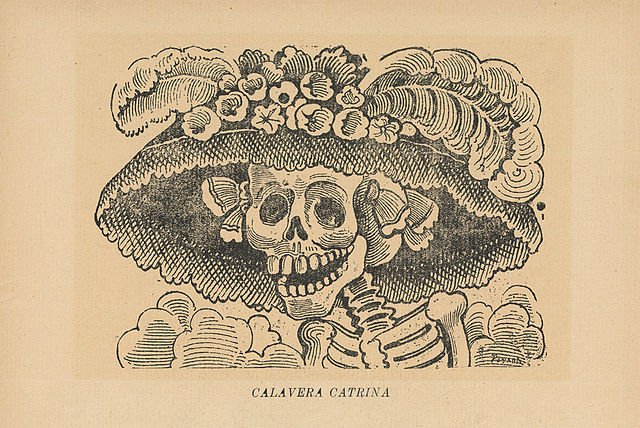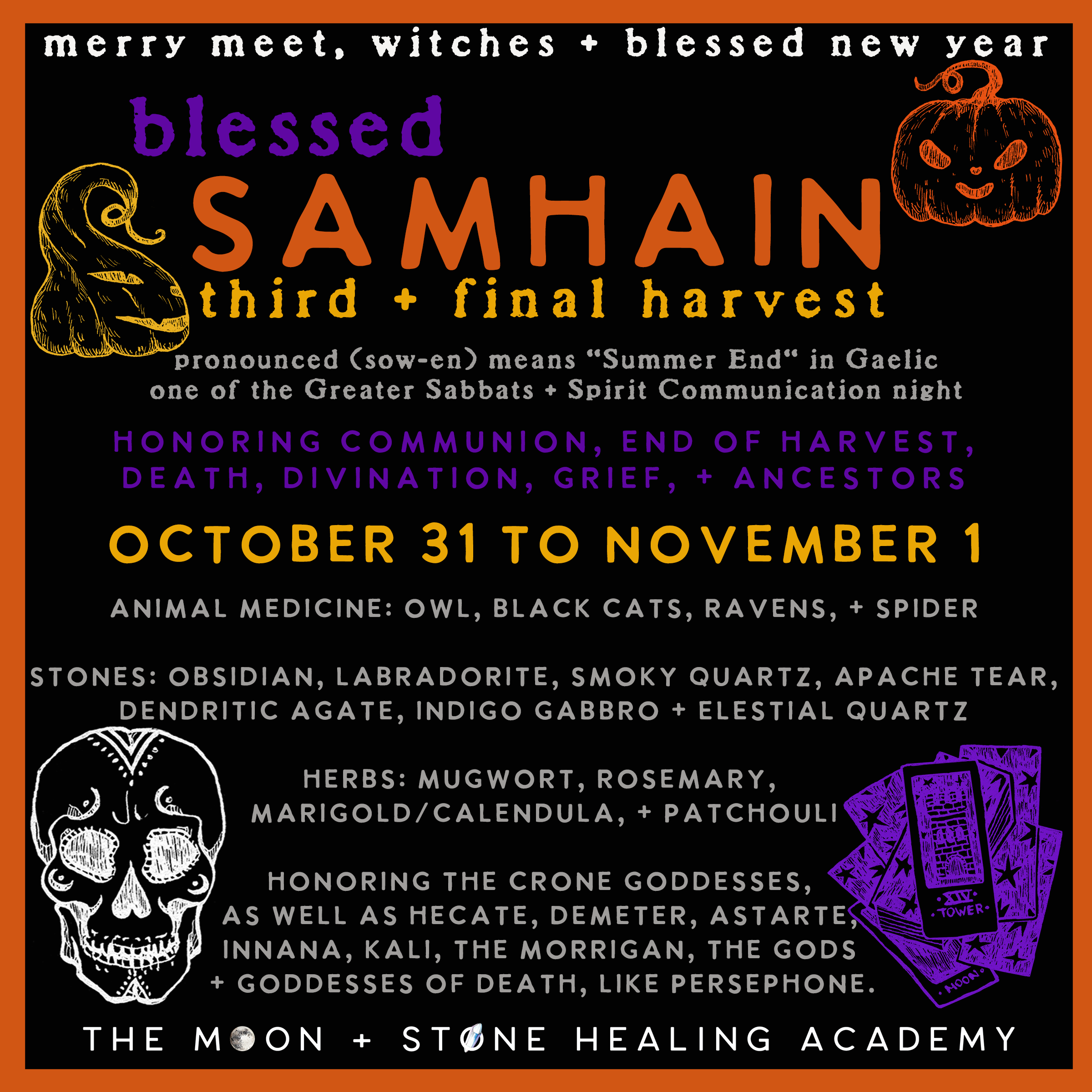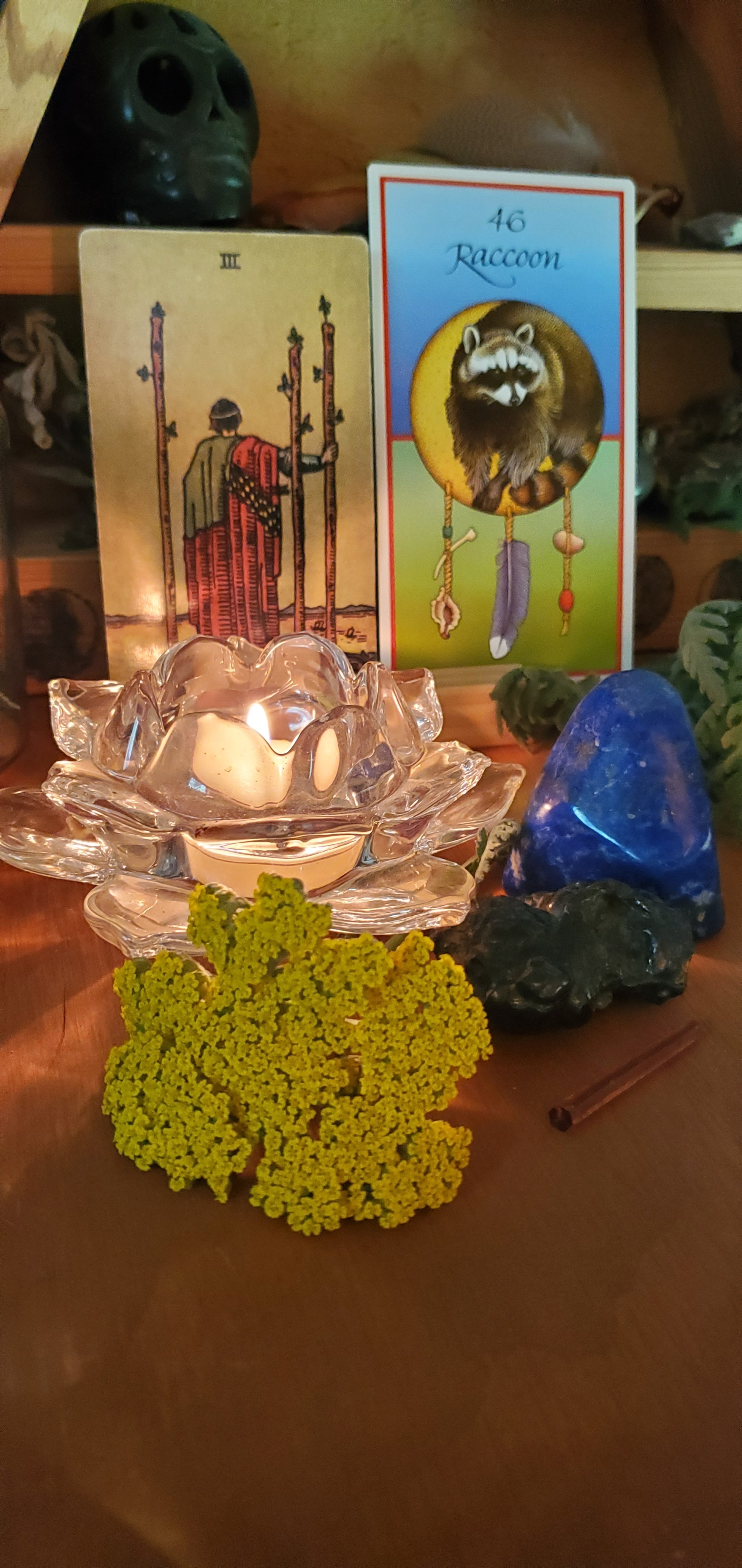Future Ancestors,
As I look out on my land, I hear my ancestors whispering in my ear.
We are always here.
I know this, and yes, I need their strength all the time.
I did this incredibly rich ancestors' journey with Vanessa Codorniu. at Alta View Wellness Center a few years ago. I talk about this every year, so forgive me if you have heard it before. During that experience, I was just open. I love Vanessa and trust her, so maybe that is why.
I had no agenda. I had no idea who would come forward, but I journeyed to Central America, where my family is from, and saw them all there. My mother’s Abuelita Isabel with the curly hair. My grandfather’s mother Maria, who was fully Native, with her hat and pipe. Then out of the jungle, my ancestors with Mayan noses and headdresses and painted skin. Sitting in front of all of them, Vanessa asked us to talk to them. And so I did.
I had so many questions, particularly about offering of cacao to my people, and how to carry the medicine of my ancestors to my clients now. But when I went to ask them that, what came out was, “Why am I so fat? Why can’t I lose weight? Why do I have autoimmune issues that limit me?”
I had a student once tell me she was annoyed in our circle because people’s intention setting was around losing weight, and “THAT IS NOT SPIRITUAL!” She was so indignant. In my head I said, “The fuck it isn’t.” As a woman, when you are raised to see your weight and beauty as your main worth and commodity, being thin is valuable; it was much more valuable than your mental or physical health—gaining weight becomes a catalyst for old wounds opening, the spiritual illnesses of self-loathing and non-existent self-worth. How do you grow spiritually when you hate yourself?
There were times in my life when I was too poor to afford to eat regularly. I often worked in restaurants, so I would be guaranteed one meal. Other times, I just starved myself because I thought I was too big, too loud, taking up too much space. My neurodivergent hyperactive self would just break into conversation without waiting for a pause (Interrupting is STILL something I’m working on!). I wanted to shrink myself and learn how to be quiet and small for real for real. I didn’t always want to say the thing, and then, like Cliff Clavin from Cheers, word diarrhea—"well, did you know that a vultures’ stomach acid is so strong with a pH of 1—that it can dissolve anthrax, botulism, and rabies bacteria, so they can safely eat rotting carcasses that would kill almost any other animal, essentially sanitizing the environment as they go…” Cue 15 minutes of watching someone zone out. Then at night, lying in bed, replaying the conversation where I was normal. Shrinking seemed right, so I would just try not to eat, and stay small.
Self-loathing is decidedly not spiritual. It is the antithesis of spiritual, especially when your entire job revolves around empowering people to their highest expression, to coaching them on how to do the work of radically and unconditionally accepting themselves, walking hand-in-hand with them on their spiritual journey. I have taken months and year-long breaks because the self-loathing is too rough, and it feels unethical to hold space for others when I am in such a deep state of depression and engaged in this personal work of self-acceptance and self-love. So, yeah, it’s spiritual work, people.
Dare I say it:
EVERYTHING IS SPIRITUAL WORK!!
(I apologize for screaming at you.)
Back to the journey, my ancestor stepped forward and said:
You are the answer to all the prayers and wishes of all your ancestors: May our children not be hungry. May they be fat and happy. You are the child who is no longer hungry. You have learned to eat and be nourished.
When we do ancestral healing, this is what we do. We dialogue with our ancestors. We reframe. We understand. We humanize. We integrate. We break patterns. We forgive. We allow their wounds to be our wisdom.
What prayer did you answer for your ancestors?
+ + + + +
A few years ago, my niece said to me, "We come from a long line of witches, right?" And I laughed. It depends on how you define witch. But yeah, we come from a long line of Bitches.
When I call in the ancestors before circle, I call in all the healers and mystics in my lineage. But I also come from a long line of storytelling artists and mystics, bawdy women with good heads on their shoulders, from cooks and musicians, teachers and writers. But the drunks are there too, the ones who acted badly. I have a great-grandmother who denied her own daughter because she cheated on her husband, and gave her daughter away, only to have her son bring the girl to the house as a date to a school dance. Fula, as they called her, looked exactly like her mother, a mirror for her sins. (You cannot make this shit up.) She still denied her and forbade her son from speaking to her. Later, all the children of my great-grandmother welcomed her into the family. Fula laughed a lot and came to every family function, but my great-grandmother never talked to her or acknowledged her existence. God, that is some awful behavior. But my great-grandmother played 9 instruments, and spoke five languages, and made people laugh all the time.
I have clients and students who say, “My ancestors were awful people. What do I do?” First of all, it isn’t just you. We all have ancestors who were awful people. Some in different ways, but that is when we do the work of looking at the legacy of awfulness in your family line. If you don’t know your family line or family stories, that is something else to look at. WHY? The legacy in your family is that they do not speak the stories. Maybe they even repeat patterns over and over because nothing is ever learned or grown from. How I work with my great-grandmother, who was lovely to some of her children, and awful to one, I say, “Thank you for letting me be able to see this and break the pattern of the bad mother. Thank you for allowing me to break the awfulness.” (Instead of awfulness, you can replace that with breaker of our family trauma, pain, abuse, addiction, victimhood, etc.) When we reframe our ancestors —putting them in their historical, trauma, and family context —we can find wisdom, even if it is learning from their sins. Sometimes the deep grief of lives not lived, or their actions, can move through us. We can cry for our family lineage. We can cry for their victims, for ourselves, if we were the victim or them as a victim and victimizer.** This ancestral work is about healing and releasing. We get to be the conduit for compassion, love, and grief if we feel the ancestral lineage hasn’t been compassionate or grieved enough. We get to acknowledge the awfulness of our ancestors, too.
But we transform grief into gratitude through this process. Not for having lost, but for them having lived at all. They brought you here, after all, they created people who created people who created you.
Our Ancestors —the good, the bad, and the ugly —have lessons for us because they were human. This is the medicina they bring forth—their humanness. And not that anyone wants my opinion on this, but this is the beauty and awe of the stories of Buddha and Jesus—their humanness existed, their flaws, their character defects and defaults, but still they sought to heal themselves, then others. They found a path of spirituality that helped them and passed it on. This is also the lessons of our ancestors—that they were human and had a story, which is now part of your DNA. (Epigenetics is a cool rabbit hole to go down)
+ + + + +
Beyond just dialogue with my ancestors, I also think about what it means to be a good ancestor.
How do we become an ancestor vs. just another people on the family tree who died?
Writer Layla Saad, whose podcast How to Become a Good Ancestor, prioritizes this concept, as is evidenced by her podcast title. Basically, she says we need to live and work in a way that intentionally creates a more just and liberated world for future generations. That’s the idea. We live in a way that thinks about the next generations, the earth, the future. We each have a role in the ongoing story of humanity. We focus more on making a positive impact, rather than on our personal achievement. And that doesn’t happen magically, it happens by us engaging in our own spiritual, mental, emotional and physical work, such as self-reflection and understanding one's own role in family systems. Being a good ancestor requires us to break patterns of suffering, not just in our personal lives, but the karmic and ancestral patterns we all fall into that keep our children in suffering and then suffering of our community, which means dismantling things like racism, sexism, ableism…other isms (In recovery, we say -ISM stand for I-Self-Me.) We take intentional action and live from a place of hope, rather than just hoping for the best.
+ + + + +
I create an altar for Día de los Muertos* in mid-October, when I begin to feel the ancestors pushing against me. I call them in. Ask for their help. It is not simply because I come from a culture that celebrates this holiday (though I do), but because I am a bereaved mother. And this American happy-happy culture does a lousy job of honoring the dead and grief.
Day of the Dead is one of those holidays that has grown more and more mainstream with non-Catholic, non-Latino people creating altars, painting their faces, hanging up decorated sugar skulls, and dancing into the night. That isn't happening because others want to become or appropriate another culture, but because we are all hungry to honor our dead. We want to celebrate our ancestors. We want to walk with death, rather than hide our grief and whisper to our dead in the still of the night. It is only in recent history that the dead were hidden away from us, or that we were protected from the dying, the dead, and grief. All cultures from Europe to Asia to Africa to the Americas honored the dead.
So Day of the Dead, I create a space for my ancestors and my predeceased ancestral daughter, hang a painting of her and me that I painted in the early days after her death, and another of my ancestors, the ones that whisper to me in my sessions. I put calaveras and bright colors all around the altar as well as food, water, flowers and candles. In my mother's native Panama, my family walks to the cemetery to have a meal with the dead. They decorate the graves and commune as a family.
Those weeks with my Día de los Muertos altar are not simply a time to grieve, but a time to celebrate life. When we honor our ancestors, we acknowledge the wisdom they have given to us in life and now in death.
It is easy to create an ofrenda, or altar. Place photos of your relatives and ancestors in the space that feels sacred. I often use the top of my bookshelf or an undisturbed space. My mother uses her kitchen windowsill, which I always love too. You can put a candle, offerings of food, or herbs. Place a skull or skeleton (if you love the morbidity of representing the dead) and flowers. It can be as simple or as elaborate as you want. And you don't have to do this only for the ancestors you feel closest to, but also for those whose lessons were deep and difficult. Do it for your peace. If you have no ancestors you want to honor, do it for an artist you admire (Frida, anyone?), or a musician who has passed over. The days of the dead are considered October 31, November 1, and November 2nd. On October 31, All Hallows Eve, it is said the souls of the children who have died come back through the altars to the angelitos. According to tradition, the gates of heaven are opened at midnight on October 31, and the spirits of children can rejoin their families for 24 hours. The spirits of adults can do the same on November 2. November 1 is All Saints Day, when the ascended ones, saints, martyrs, and the angels are honored.
+ + + + +
If you are looking for a guided way to honor the dead, join me on October 31st for Cacao Ceremony & Muertos journey. We will first partake in the sacred cacao, then move into a shamanic journey to connect with the dead—whether it is your passed-over parent or loved one, your grandparents, ancestors you never met, but want to connect with, or a famous artist, sacred figure, philosopher, thinker, or religious figure. Join me on Friday, October 31st for our circle.
Lots of bonuses with this one, including a how-to guide for your ofrenda, how to make a cup of cacao, how to bake pan muerto or sugar skulls, and of course, the healing work we do together in circle. Everything is recorded if you cannot attend live.
*You can read more about El Día de los Muertos at this History Channel link. Just a quick correction, though, we celebrate it in Panama and throughout Central America, so it is not only a Mexican holiday.
**In the Body Keeps Score by Bessel Van Der Kolk , he talks about how PTSD sufferers from the Vietnam War often recounted the trauma they inflicted on others as the trauma they could not heal, because there is no outlet for talking about the awful things they did that they were ashamed of. Just to get nerdy for a minute, the unique part of training for troops going to Vietnam was the way they trained soldiers to fire at object popping up. In previous wars, they trained more as target practice, but since researched showed that a majority of soldiers in WW2 and Korea just froze when confronted with an enemy, the military decided to train them to shoot at moving objects with no faces or human characteristics, so they would freeze less. In the end, there are men responding to movement with gunfire and casualties of civilians and children were so high.
I hope to see you at the circle. Until then, enjoy this playlist I pulled together for Día de los Muertos.
+ + + + +
Have you worked with me?
I just want to humbly thank you for being part of my small business. Healing work, spiritual circles, coaching services, retreats, online classes and in-person classes, healing circles, and tarot readings are very personal experiences. Most of my clients, students, and workshop participants come from word of mouth. People love to hear about an actual experience with a healer or tarot reader.
I am looking for testimonials around my work as a shamanic earth medicine practitioner, retreat leader, tarot reader, teacher, healer, and circle keeper. Just share about what you have gotten out of an in-person or online class with me, a private one-on-one session or a group healing event you attended. If you belong to my membership group, I’d also love to hear and share your feedback about my monthly readings, shamanic journeys and FB group.
Fill the form below and share your feedback with me. If you don’t mind sharing your photo to showcase with your testimonial, awesome! (send via email at angie@themoonandstone.com) Otherwise, I will just share your words. If you had a less-than-ideal experience, I’d love to hear that too. All feedback informs how I adjust and change classes and offerings in the future. Here is the information I would love to have:
Name: First Name and Last Name (But what you want to be referred to publicly)
Email
How have you worked with Angie?
What was your experience like?
Please share anything else you would like.









































